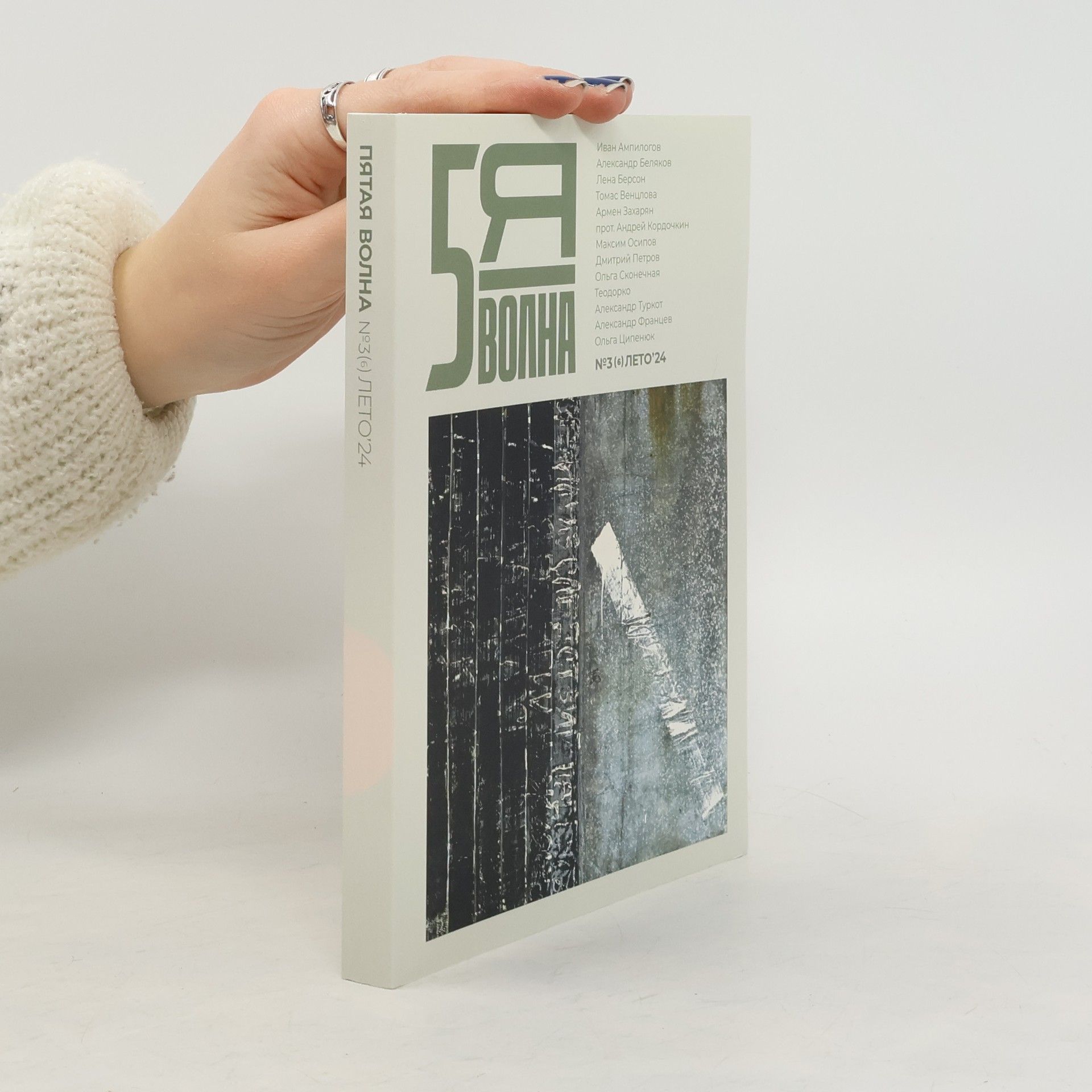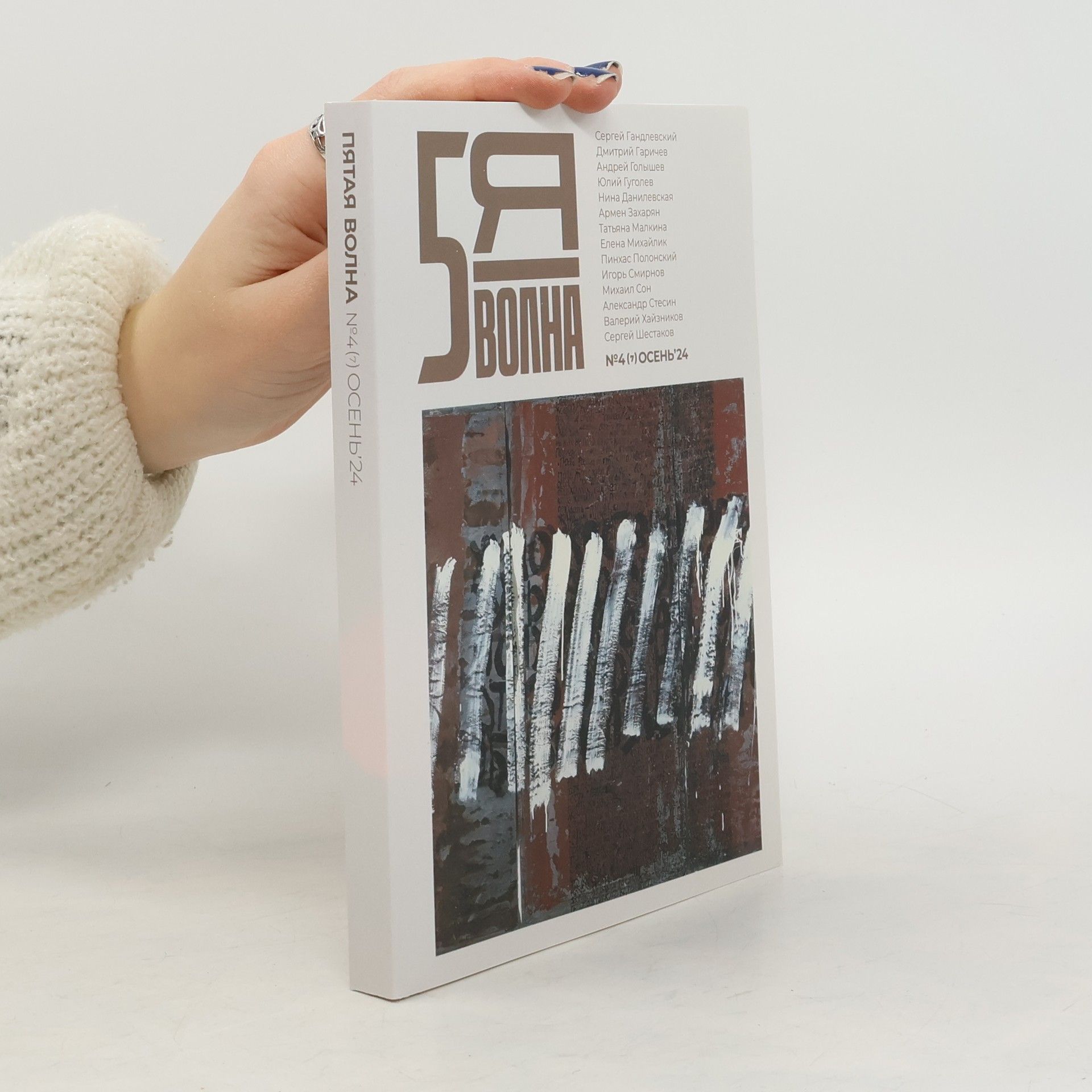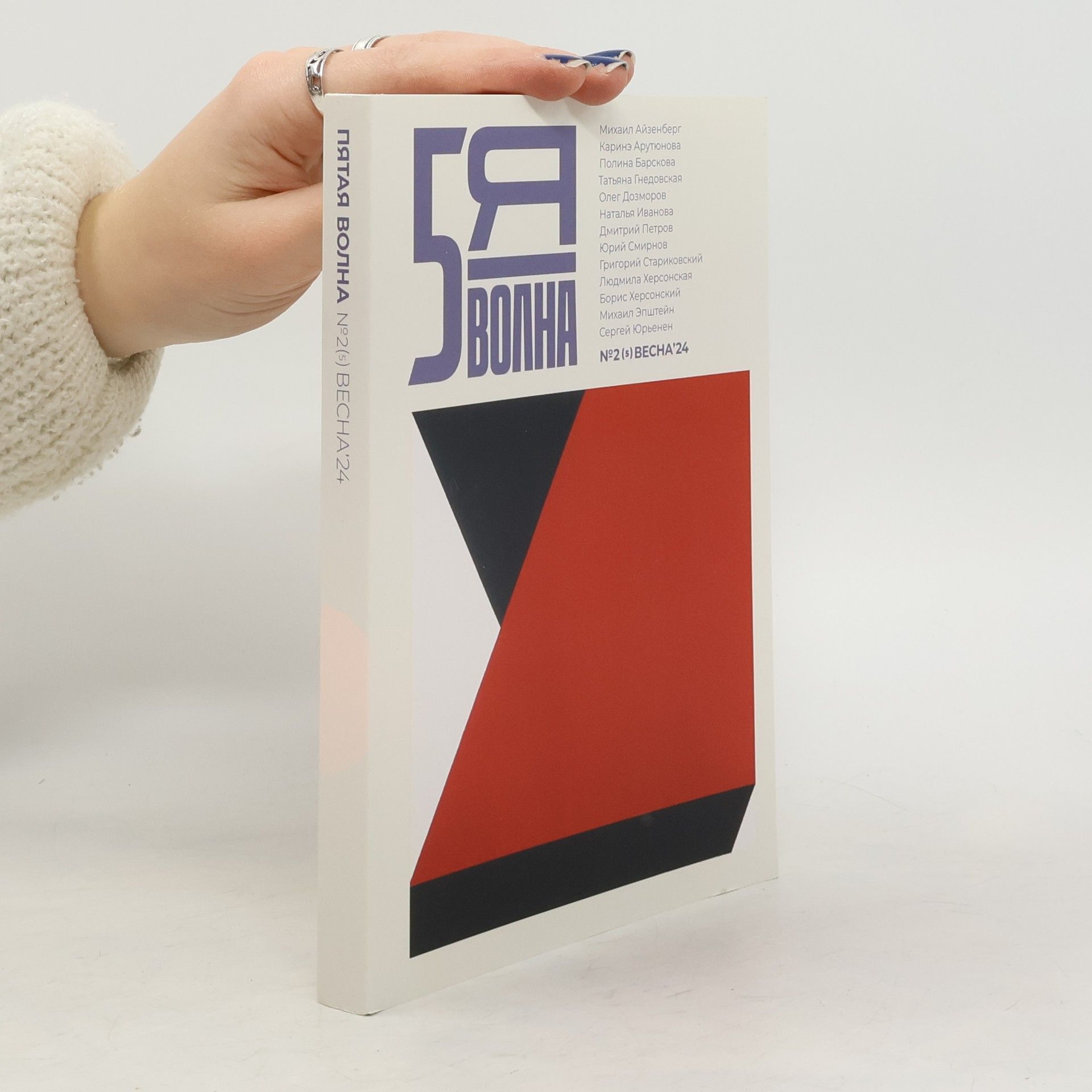'The town of Tarusa lies 101 kilometers outside Moscow, far enough to have served, under Soviet rule, as a place where former political prisoners and other "undesirables" could legally settle. Lying between the center of power and the provinces, between the modern urban capital and the countryside, Tarusa is the perfect place from which to observe a Russia that, in Maxim Osipov's words, "changes a lot [in the course of a decade], but in two centuries--not at all." The stories and essays in this volume--a follow-up to his debut in English, Rock, Paper, Scissors--tackle major questions of modern life in and beyond Russia with Osipov's trademark blend of daring and subtlety. Deceit, political pressure, ethnic discrimination, the urge to emigrate, and the fear of abandoning one's home, as well as myriad generational debts and conflicts, are as complexly woven through these pieces as they are through the lives of Osipov's fellow Russians and through our own. What binds the prose in this volume is not only a set of concerns, however, but also Osipov's penetrating insights and fearless realism. "Dreams fall away, one after another," he writes in the opening essay, "some because they come true, but most because they prove pointless." Yet, as he reminds us in the final essay, when viewed from ground level, "life tends not towards depletion, towards zero, but, on the contrary, towards repletion, fullness."'--Publisher description
Maxim Osipov Livres
Maxim Osipov, écrivain et cardiologue russe, est connu pour ses nouvelles, romans courts, essais et pièces de théâtre. Ses œuvres explorent souvent les relations complexes entre la médecine et le destin humain, se caractérisant par une perspicacité profonde de la nature humaine et un sens subtil de l'ironie. Le style d'Osipov est aussi précis qu'un diagnostic médical et profondément humain, offrant aux lecteurs un regard unique sur la société russe et ses habitants.






The Blue Badge Guide's Oxford Quiz Book
- 144pages
- 6 heures de lecture
How much do you really know about Oxford? Test yourself against an expert!
Kámen, nůžky, papír a jiné povídky
- 368pages
- 13 heures de lecture
V exilu žijící ruský spisovatel Maxim Osipov se v knize Kámen, nůžky, papír a jiné povídky představuje českému publiku vůbec poprvé, a to prostřednictvím povídek, doplněných esejem a také dramatickým textem. Postavám, které zde autor vytvořil, je společné téma hledání pravdy a smyslu: Jejich hledání ale není pokaždé úspěšné a často dokonce ani ne upřímné, vede však k nečekaným výsledkům. Život, který autor popisuje, je bezútěšný, temný, plný ztrát, ale přesto se v něm najde i místo pro štěstí. Texty ve sbírce jsou tragikomické, existenciální, ale také plné nadsázky a komických či bizarních postav, jejichž prostřednictvím Osipov po svém zkoumá univerzální témata, jako jsou podoby lidské osamělosti, řád a svoboda a v neposlední řadě též nevyhnutelnost smrti. Osipovovy texty dohromady skládají kolážový portrét života v provinčním Rusku – jeho tragédie, frustrace ale také okamžiky pokorné krásy a inspirace. Příběhy v tomto svazku zachycují lékaře, herce, scenáristy, učitele, podnikatele, místní politické šéfy i obyčejné zločince, jejichž cesty se protínají nepředvídatelnými, ale zcela přirozenými způsoby: v nemocničním pokoji, v učebnách, administrativních kancelářích, ve vlacích a letadlech. Často nečekaná setkání vedou ke katastrofám, velkým i menším zjevením a příležitostně také k naději na vykoupení.
Since the beginning of the twentieth century, every generation of Russians - those whose native language is Russian - has experienced its own catastrophe. The current generation has not broken that pattern: totalitarianism has again come to Russia; freedom of speech is severely oppressed; the number of the regime's victims and political prisoners continues to grow; and Russia is waging a war of aggression against its neighbor, Ukraine. Each catastrophe triggers an outflow of productive people from the country. The current wave of emigration is the fifth in the last hundred years or so, and just as before, both writers and readers feel an increasingly urgent need for uncensored publications. The purpose of this magazine, which we have titled The Fifth Wave, is to play a part in satisfying that need. The Fifth Wave project is literary, not socio-political: we plan to feature exciting, well-crafted work in various genres, including poetry, fiction, art history, memoir, etc., and not only on the burning topics of the day. The contributions will be solicited from authors living in Russia and abroad, all of whom are united by their rejection of war and totalitarianism, their love for Russian culture as part of European culture, their sense of personal involvement in and responsibility for what is happening, and their desire to see Russia as a free, peace-loving country, no matter how far-fetched this wish may seem.
Since the beginning of the twentieth century, every generation of Russians - those whose native language is Russian - has experienced its own catastrophe. The current generation has not broken that pattern: totalitarianism has again come to Russia; freedom of speech is severely oppressed; the number of the regime's victims and political prisoners continues to grow; and Russia is waging a war of aggression against its neighbor, Ukraine. Each catastrophe triggers an outflow of productive people from the country. The current wave of emigration is the fifth in the last hundred years or so, and just as before, both writers and readers feel an increasingly urgent need for uncensored publications. The purpose of this magazine, which we have titled The Fifth Wave, is to play a part in satisfying that need. The Fifth Wave project is literary, not socio-political: we plan to feature exciting, well-crafted work in various genres, including poetry, fiction, art history, memoir, etc., and not only on the burning topics of the day. The contributions will be solicited from authors living in Russia and abroad, all of whom are united by their rejection of war and totalitarianism, their love for Russian culture as part of European culture, their sense of personal involvement in and responsibility for what is happening, and their desire to see Russia as a free, peace-loving country, no matter how far-fetched this wish may seem.
